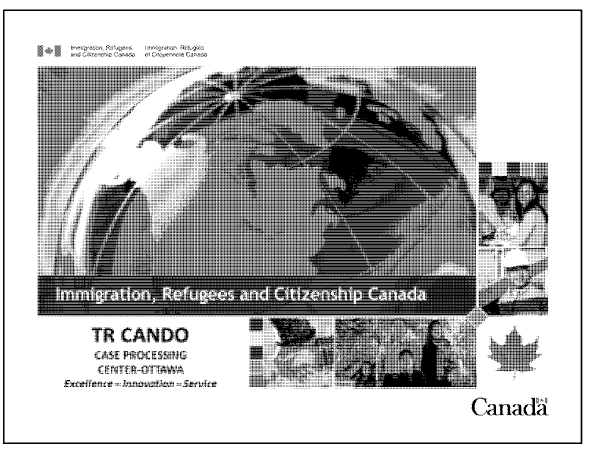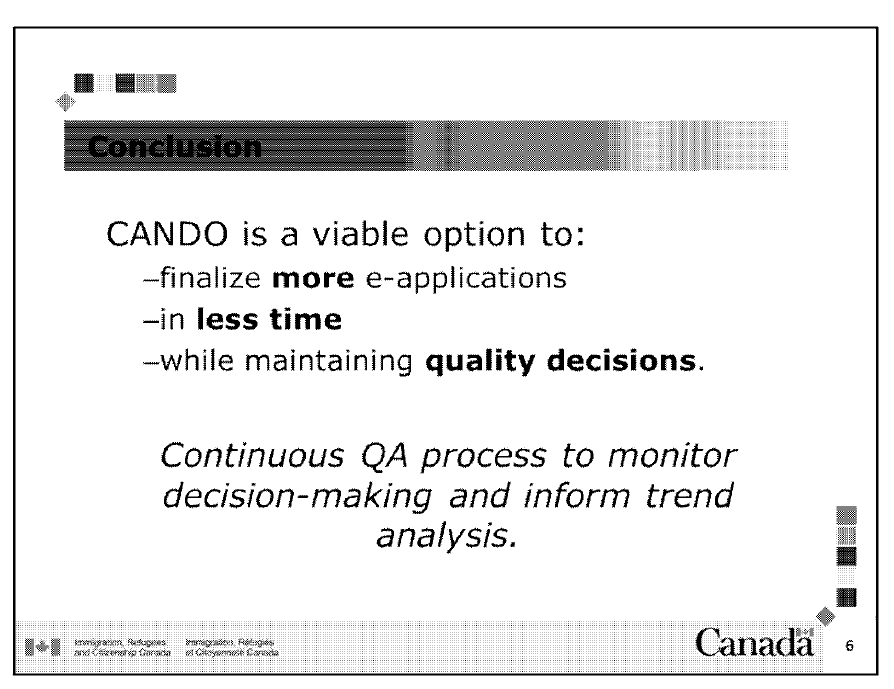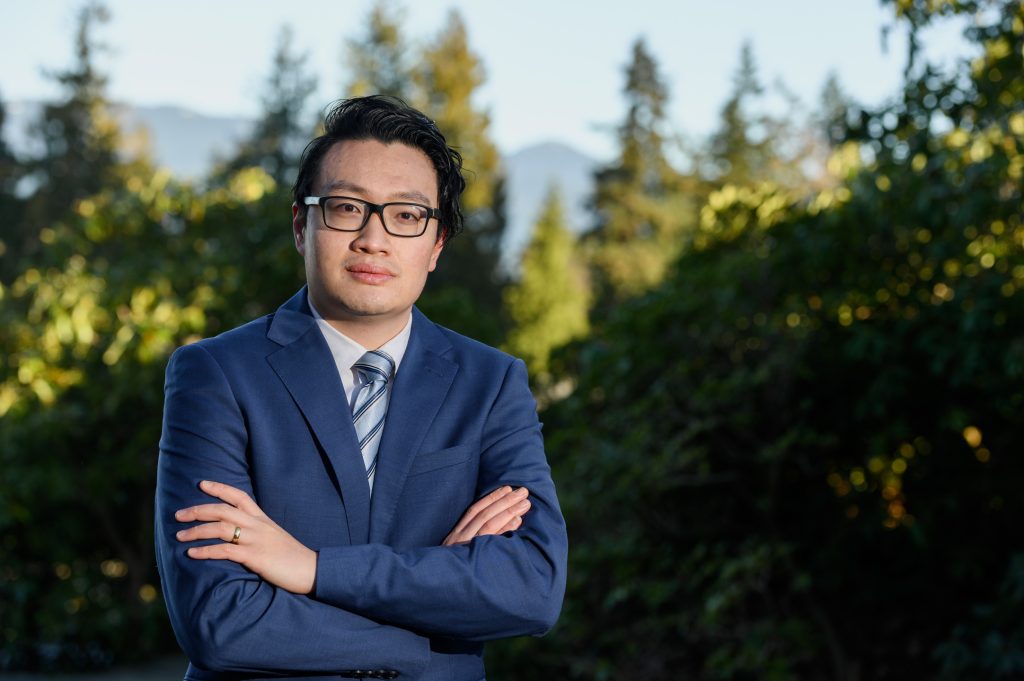
Since 2015, and internal until now, IRCC has been operating a program called CANDO (also known as Can-Do) to process temporary resident applicants for citizens of China, Brazil, India, and Mexico with legal status in the United States
CANDO is a tool that IRCC states “uses Business Intelligence and the power of GCMS” to triage and expedite processing of low risk TRV e-applications. It builds upon another, not very highly promoted process called CAN +, which was introduced in Beijing in 2012, allowing Citizens of China with previous Canadian TRVs or valid US visas “de facto access to Canada.”
How Does CANDO Work
We have a guide that is dated a few years back, so we do need updated information but in short there is a fast-tracking of low risk population applicants – defined as citizen of China, Brazil, India or Mexico legally residing in the United States. When this manual was released this was 75% of US-based TRV applicants to Canada.
Applications that pose security concerns or other immigration history related concerns are removed, but the overall QA results from a 2015 review showed a 96% accuracy when compared to if they were individually handled, with only 4% that would have likely been referred or reviewed due to issues with supporting documentation regarding US status, limited/unclear ties, status/visa expiry issues, and refugee claimants in the US for example).
Ultimately, as IRCC writes – CANDO allows for better triaging to finalize more e-applications in less time, and render better quality decisions.

Going to the definition of AI and automated decision making, it appears as if it is another algorithmic/advanced-analytics based tool that has not undergone algorithmic impact assessments.
It is unclear why CANDO was kept internal, as have been parallel projects like Chinook and VESPA, but it is safe to say there are some big implications.
A Coordinated North American Strategy for Temporary Residence?
I would suggest that this information about CANDO creates the impetus for more collaboration between U.S. and Canadian immigration attorneys/lawyers and perhaps can be a central business plan for those lawyers who are dual-barred and practice both sides.
I can see this strategy being particularly effective if someone has significant family ties in Canada that may thwart temporary residence, and as well for the many students that are possibly looking to leverage U.S. undergraduate and post-graduate degrees into future Canadian studies or work opportunities.
If I were a U.S. immigration attorney or a global law firm, I’d delve deeper and think about leveraging this for my clients.
If you want to discuss collaboration or if you have ideas on future research please email me at info@heronlaw.ca.
Read the Full Manual Here:
Cando-A-2019-43861_release-package
